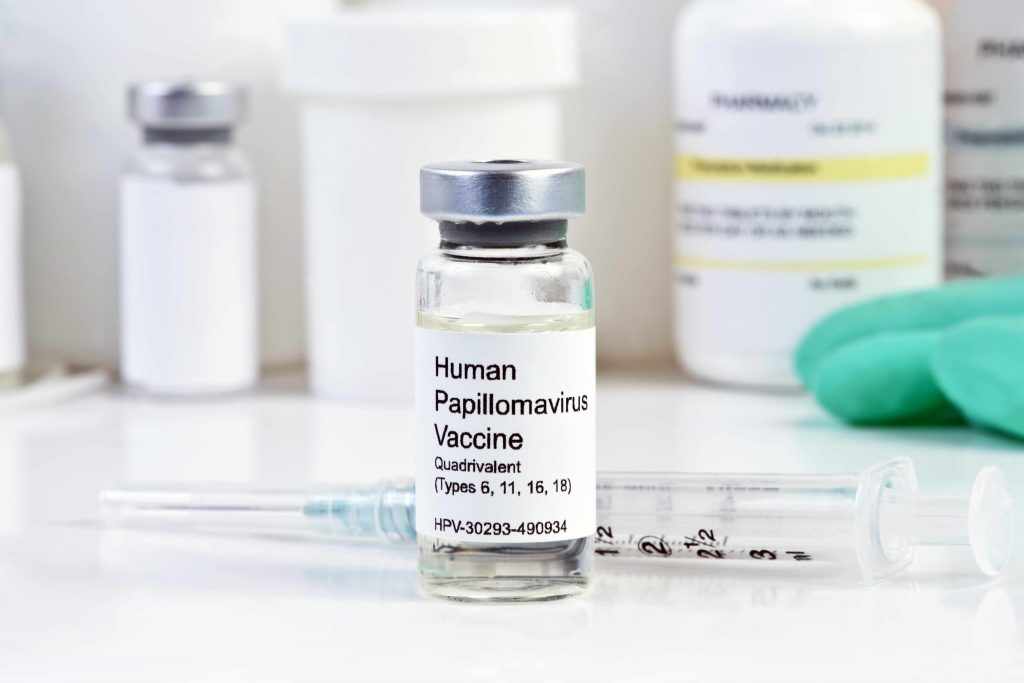-
Infectious Diseases A-Z: HPV vaccination guidelines to prevent cervical cancer
 The American Society of Clinical Oncology released the first global HPV vaccination guidelines to prevent cervical cancer. Mayo Clinic oncologist Dr. Gerardo Colon-Otero says these new guidelines are important, because cervical cancer is a major health problem, especially in developing nations. "Cervical cancer is the fourth most common cancer in women worldwide, and 87 percent of all cervical cancers occur in developing countries."
The American Society of Clinical Oncology released the first global HPV vaccination guidelines to prevent cervical cancer. Mayo Clinic oncologist Dr. Gerardo Colon-Otero says these new guidelines are important, because cervical cancer is a major health problem, especially in developing nations. "Cervical cancer is the fourth most common cancer in women worldwide, and 87 percent of all cervical cancers occur in developing countries."
Watch: Dr. Gerardo Colon-Otero discusses HPV vaccine.
Journalists: Broadcast-quality sound bites are in the downloads.
"Cervical cancer, once it develops — even if it is localized — has significant morbidity and mortality," says Dr. Colon-Otero. "Up to a third of the patients — even with localized disease — can die of the disease. And once it’s metastatic, almost none of the patients are cured of their disease." Cervical cancer is less common in the U.S., thanks to preventive screening measures.
The American Society of Clinical Oncology estimates that complete HPV vaccine coverage of females could reduce up to 90 percent of cervical cancer worldwide. "The HPV vaccine definitely prevents cancers, and it’s the best tool we have currently to prevent cervical cancer, anal cancer, oropharyngeal (throat) cancer, penile cancer and genital warts," says Dr. Colon-Otero. "It's a treatment that prevents most of these cancers, which have an incredible impact on the life of young people and older people, too."
HPV vaccinations in the U.S.
Dr. Colon-Otero says, "As it relates to the U.S. and the current guidelines for HPV vaccination, the recommendations remain the same, which is that kids, both boys and girls, should be vaccinated with the HPV vaccine ages – ages 9 through 14 – and if they are not vaccinated during that time frame, they should receive the vaccine up to age 26."
Dr. Colon-Otero speaks as a practicing medical oncologist and a parent. "As a father, I would advise all parents to have their boys and girls be vaccinated as recommended in the guidelines, age 9 through 14. If you have a child up to age 26 who hasn’t been vaccinated, encourage them to be vaccinated. If you can prevent any one of those cancers, you would have a huge impact on your children’s life."
Related posts:
- Infectious Diseases A-Z: HPV infection rates among men (Jan. 30, 2017)
- Mayo Clinic Cancer Center endorses updated HPV recommendations (Jan. 11, 2017)
- Mayo Clinic Minute: Doctors urge use of HPV vaccine (Oct. 27, 2016)







